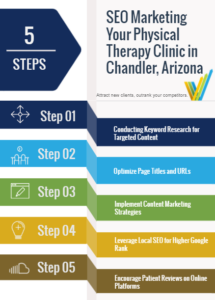While they mostly work independently, Google’s algorithms share data with one another occasionally. And this, without any human intervention.
Why should you care? Because this affects how you should optimize your website. Artificial intelligence and machine learning are changing how search works. Machine learning, for example, determines which ranking signals to adjust for specific types of searches. Google’s Hummingbird update (in late 2013) allowed Google to better understand conversational speech.
So those are the kinds of things I’m talking about here. When you understand how Google’s algorithms work together both now and in the future, you know how to best position your own website for higher rankings in the future.
How Google’s Algorithms Currently Work
At this point, Google has something like 200 or more ranking factors. Each signal gets a certain amount of weight…some more than others. Some are directly addressed by Google’s core algorithm, while others are their own algorithms that do their own work and feed the result to the core algorithm. Google’s PageRank, or the amount of authority/ranking power a particular web page has, is an example of the latter.
How Google’s Algorithms Will Work in the Future
Let’s just create a hypothetical example to show you how Google will work in the near future. Say, for example, you have 6 ranking factors: A, B, C, and X, Y, and Z.
A, B, and C are offsite factors (links pointing back to your site). X, Y, and Z are onsite factors (how fast your page loads, where your keywords appear on your page, and the PageRank of your page).
In the future, each factor will communicate with the other, thanks to artificial intelligence and machine learning. They’ll only offer the pertinent information the other factor needs to know to do its job.
All factors then work together to produce the final search result. But, that search result does not have an algorithm operating behind it.
This speeds up how the process works. Will it lead to faster changes in the rankings?
Sounds like it should, but we’ll have to see.
The Difference This Makes to Your Search Rankings
Google will place even more weight than it does now on your website’s ability to match the intent of the user’s search. You must have the best resource for the search made.
That means you have to know who else ranks for your search. And then you have to beat the living daylights out of their page.
And you must make sure that every search factor that affects your rankings plays to this. Because they’ll all communicate with one another and assist in producing the final search result. It sounds the same as how Google works now, but the effect is as stated before: Google will match searches to user intent far better than ever before.
So much so, in fact, that you could notice a dramatic change in Google’s search results in the next couple years. Smart website owners will create the most solid answer to the intent of the user’s search starting now. And then you can watch while your competition scrambles to react.






